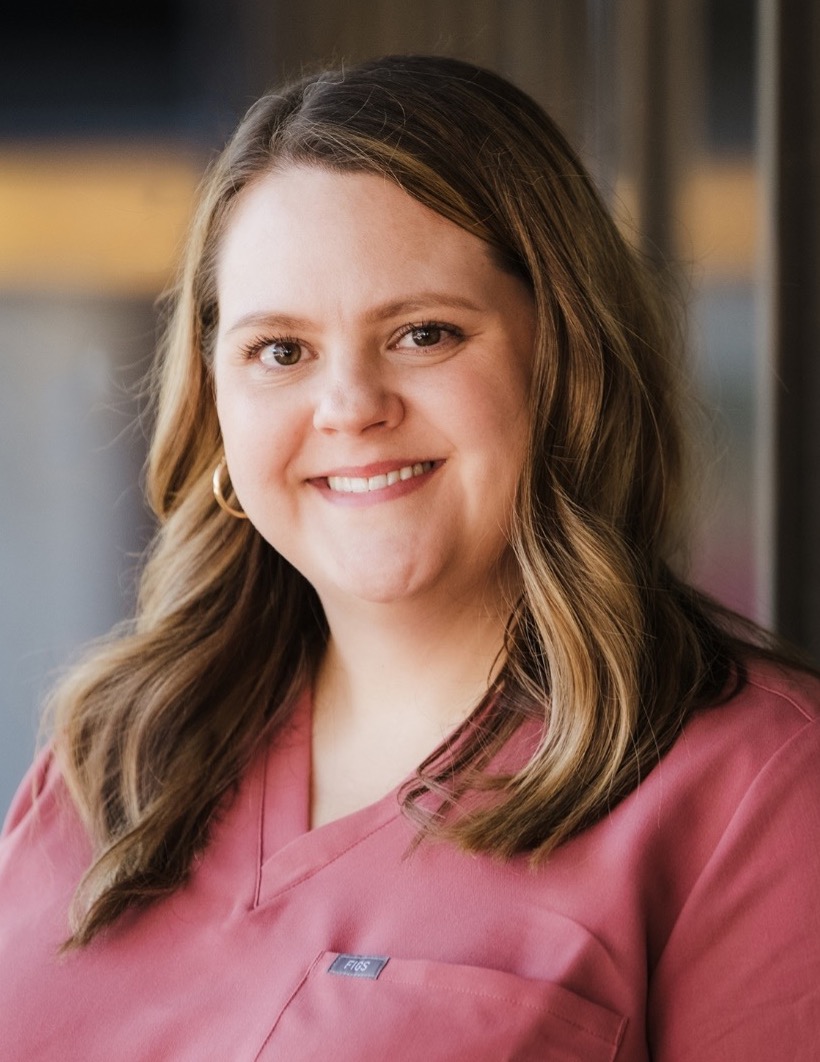As Institutions Establish Oral Agent Workflows, Savvy Educators Help Nurses Apply Them to Practice
Oncology nursing is a hands-on practice, and nurses’ learning must be hands-on, too. Allowing your colleagues to try out what you teach further solidifies their foundational knowledge and new concepts. With the use of oral oncolytic agents (https://bmchealthservres.biomedcentral.com/articles/10.1186/s12913-017-2373-2) exploding in oncology care, we must adapt and learn the ins and outs of these agents. As a unit educator at The University of Kansas Cancer Center in Westwood, I help nursing staff understand my cancer center’s oral agent refill process.

I meet with each new nurse during their orientation period to review the oral agent refill process and policy. Most nurses, including myself, learn best by doing. I give them the opportunity to perform the refill process steps instead of just reviewing a tip sheet, which helps long-term retention. To create a hands-on learning experience, I worked with our charting play environment team to build a program that mimics a real oral agent patient scenario. I complete a refill with new nurses together in the play environment and then give them access so they can practice on their own.
I also staff as a nurse coordinator in our clinics on a weekly basis. This role allows me to complete the refill process for patients myself, which helps me to stay current in my own practice. I’m responsible for following the pharmacy’s protocol for refilling oral oncolytic agents—which includes reviewing provider documentation, lab results, treatment parameters, and consent for the drug; checking with patients about new or worsening side effects and insurance changes; and routing refill requests to providers through our charting system’s oncolytic agent program. My main responsibility is to follow up with patients and other members of the interprofessional team, such as the specialty pharmacy, to ensure patients receive their prescribed oral agents in a timely manner.
Having the opportunity to staff as a nurse coordinator once a week allows me to support nurses in my unit educator role and work with them as a coworker to see what they are excelling at or what they are struggling with. It helps me feel the pulse of my department and understand how I can educate, mentor, and help nurses grow in their practice and professionalism.
To standardize care for prescribed oral agents, oncology nurses and pharmacists must keep an open line of communication and collaboration (https://voice.ons.org/news-and-views/the-oncology-nurses-role-in-oral-anticancer-therapies). I encourage our team members to maintain regular communication with one another so we can learn each other’s challenges and identify opportunities for support.
By showcasing my support for the interprofessional team, both oncology nurses and pharmacy colleagues understand that they can always come to me with any questions or concerns. Maintaining that positive relationship and establishing a mutual trust across the interprofessional team has led to one of the most important collaborations our cancer center has ever seen.
